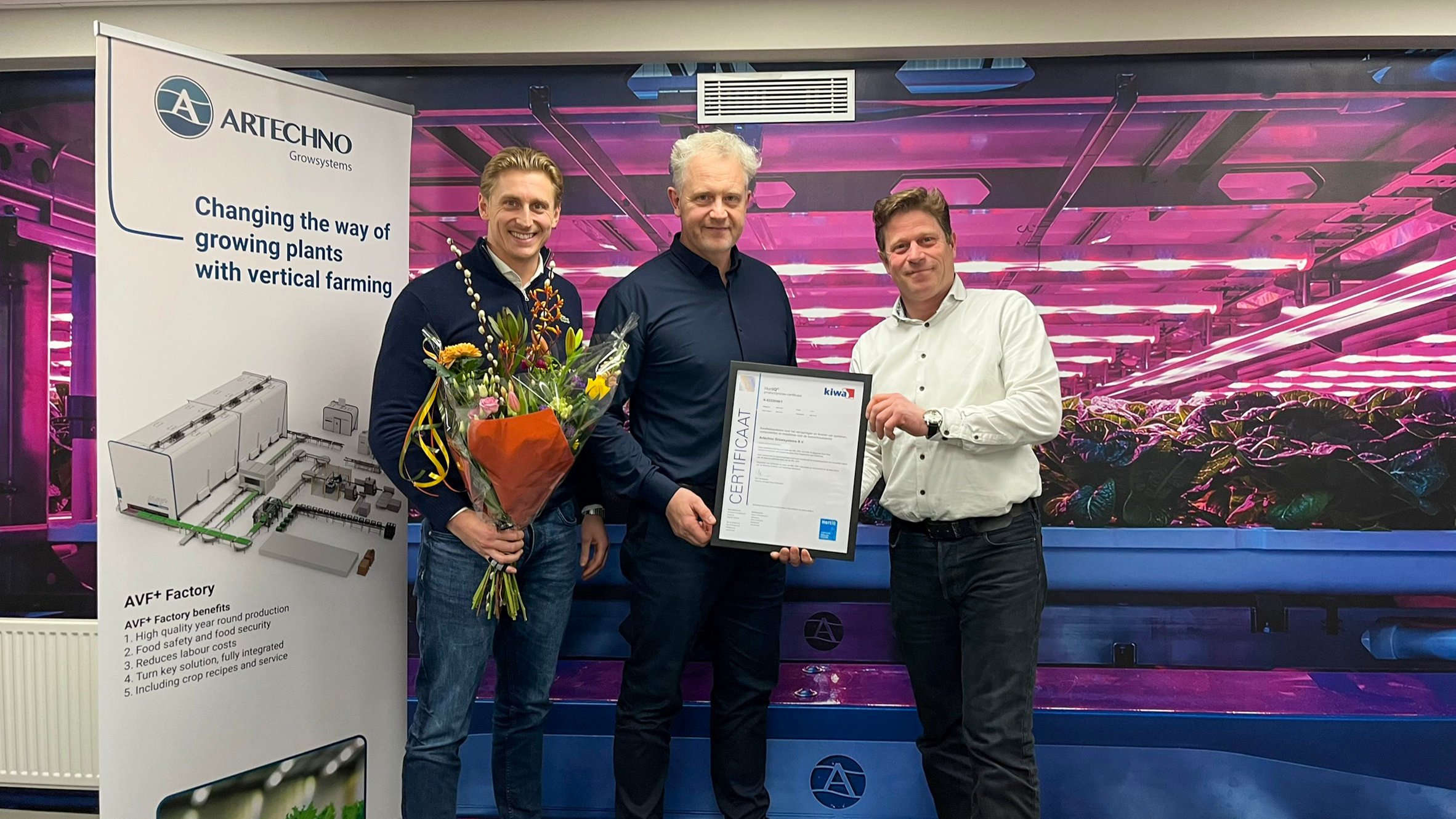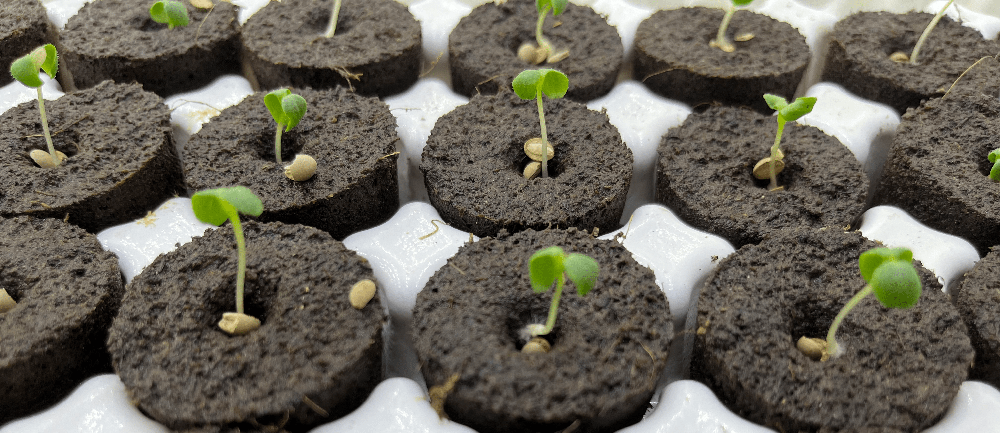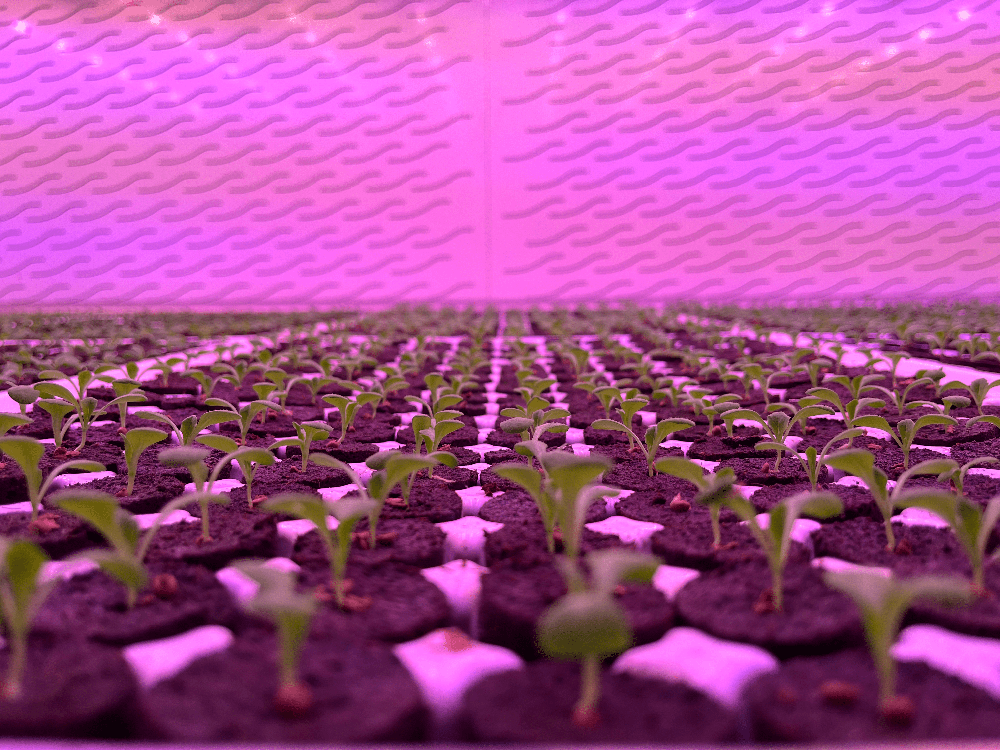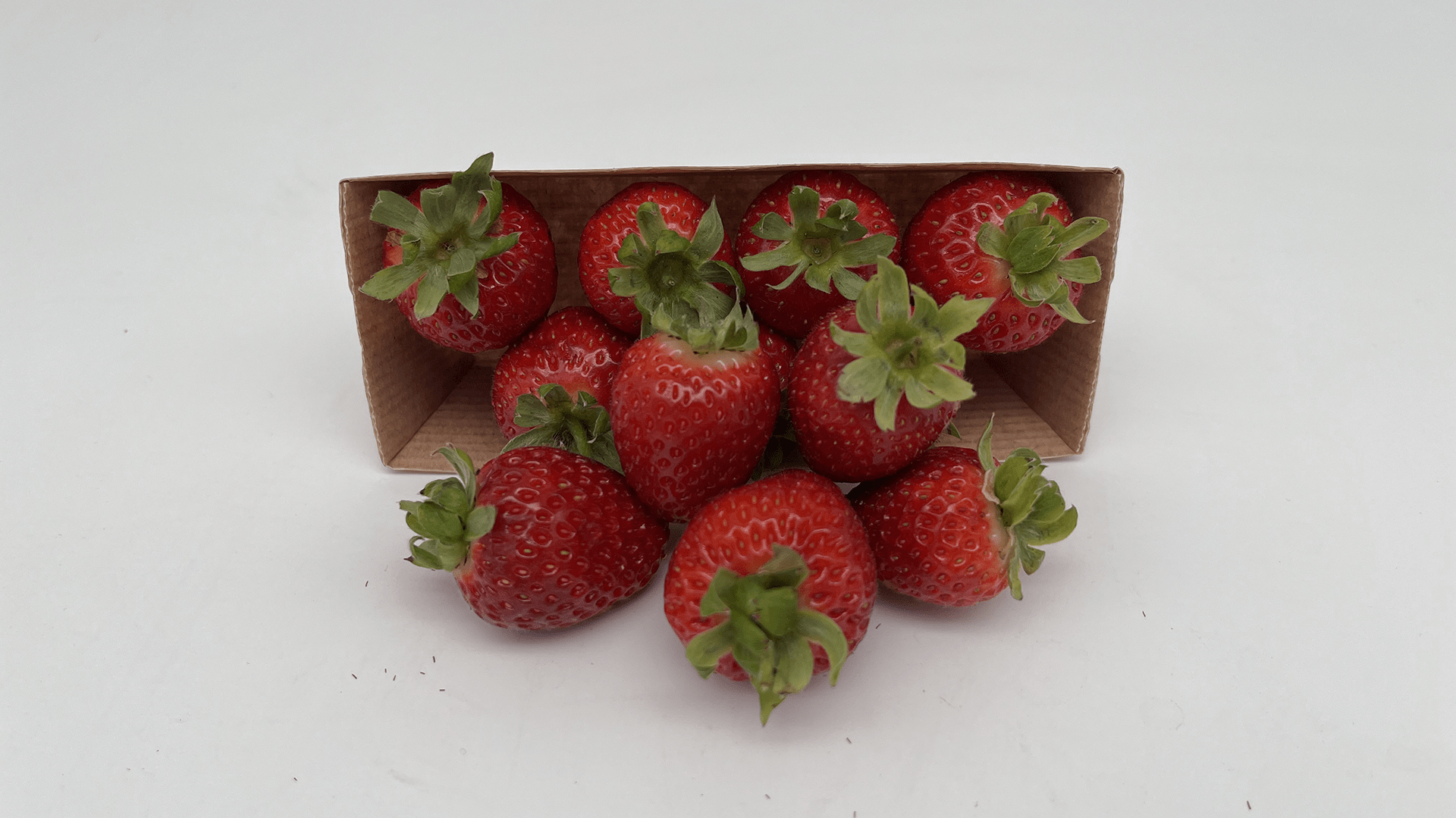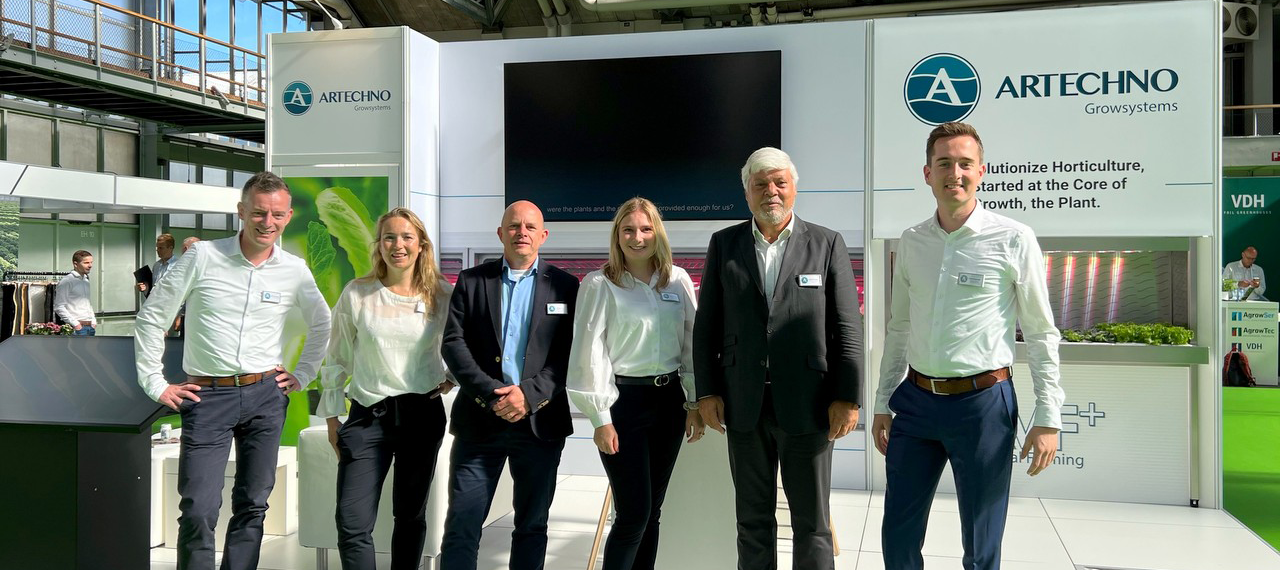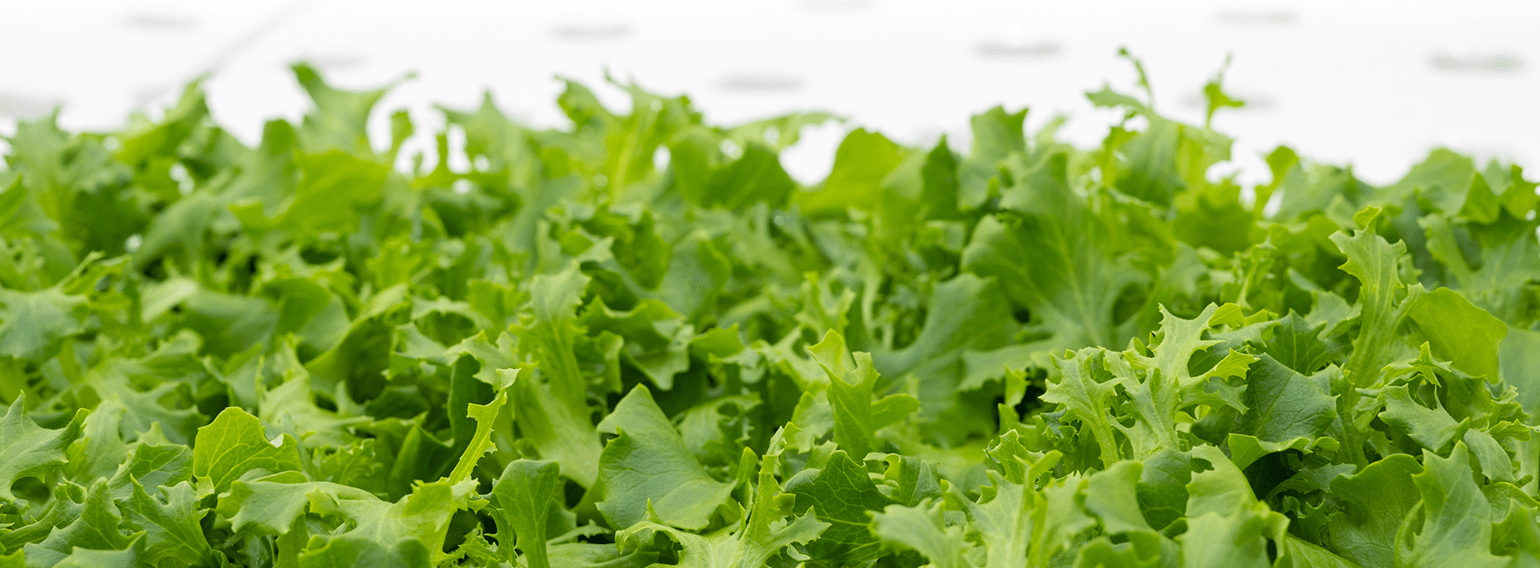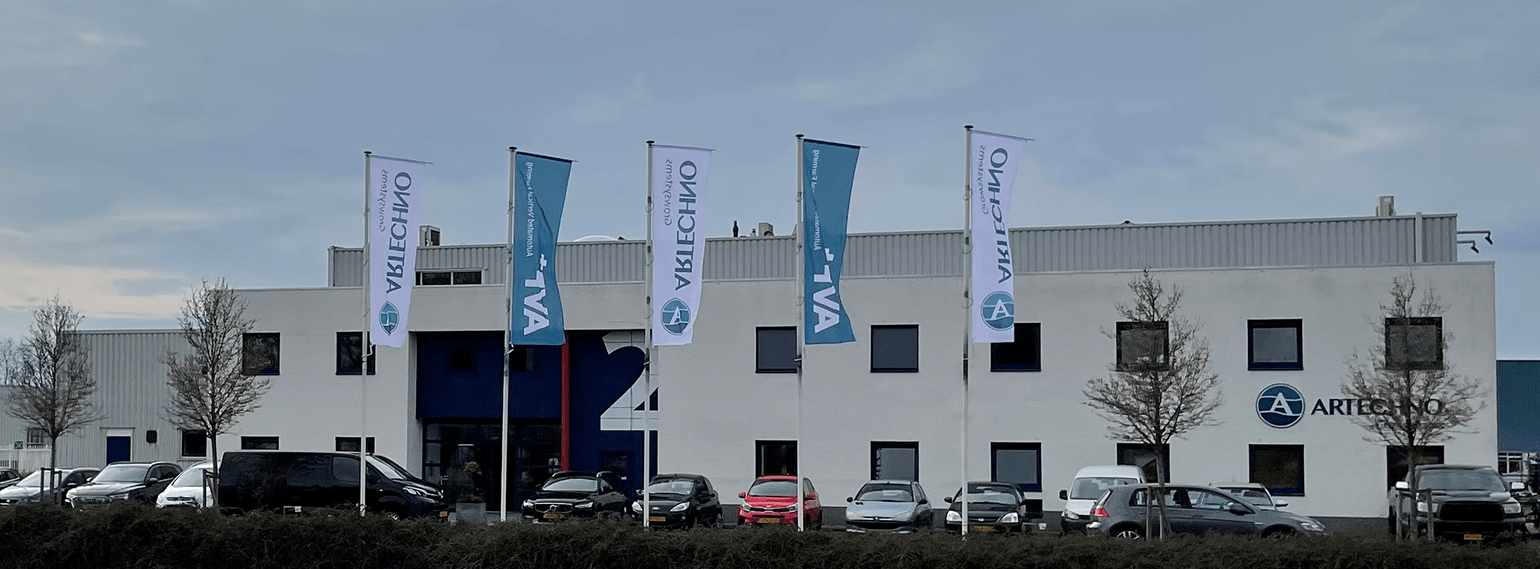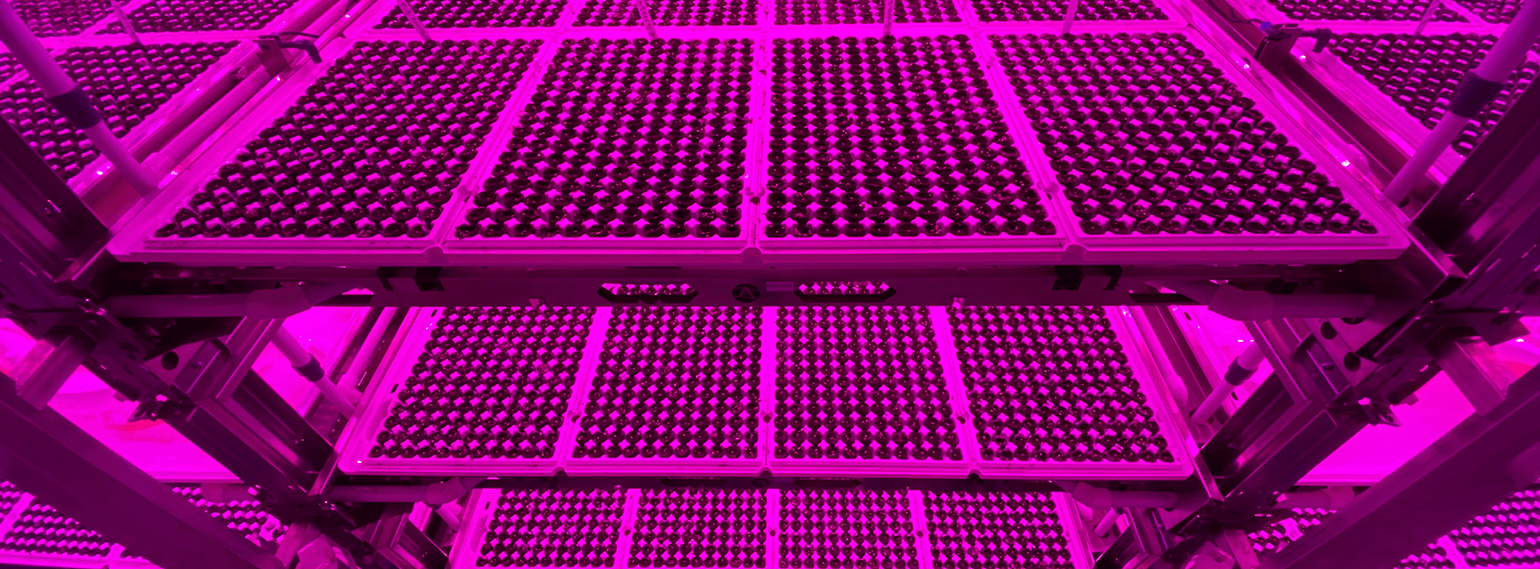Innovative propagation: The vertical vegetable garden
Automated vertical farming brings an innovative wind of change to the horticultural industry. It offers numerous advantages and new opportunities, including a clean and efficient way to cultivate crops.
Rudy Van den Berg, Commercial Manager at Artechno Growsystems, explains the possibilities of a vertical vegetable garden.
Cultivation in an automated vertical farm: How exactly does that work?
"Almost any crop you can grow can be grown in an automated vertical farm.
This means the first part of the cultivation is completed in the automated vertical farm at a very high plant density. After a certain period, the plants leave the vertical farm and are grown and harvested in a greenhouse or an open field."
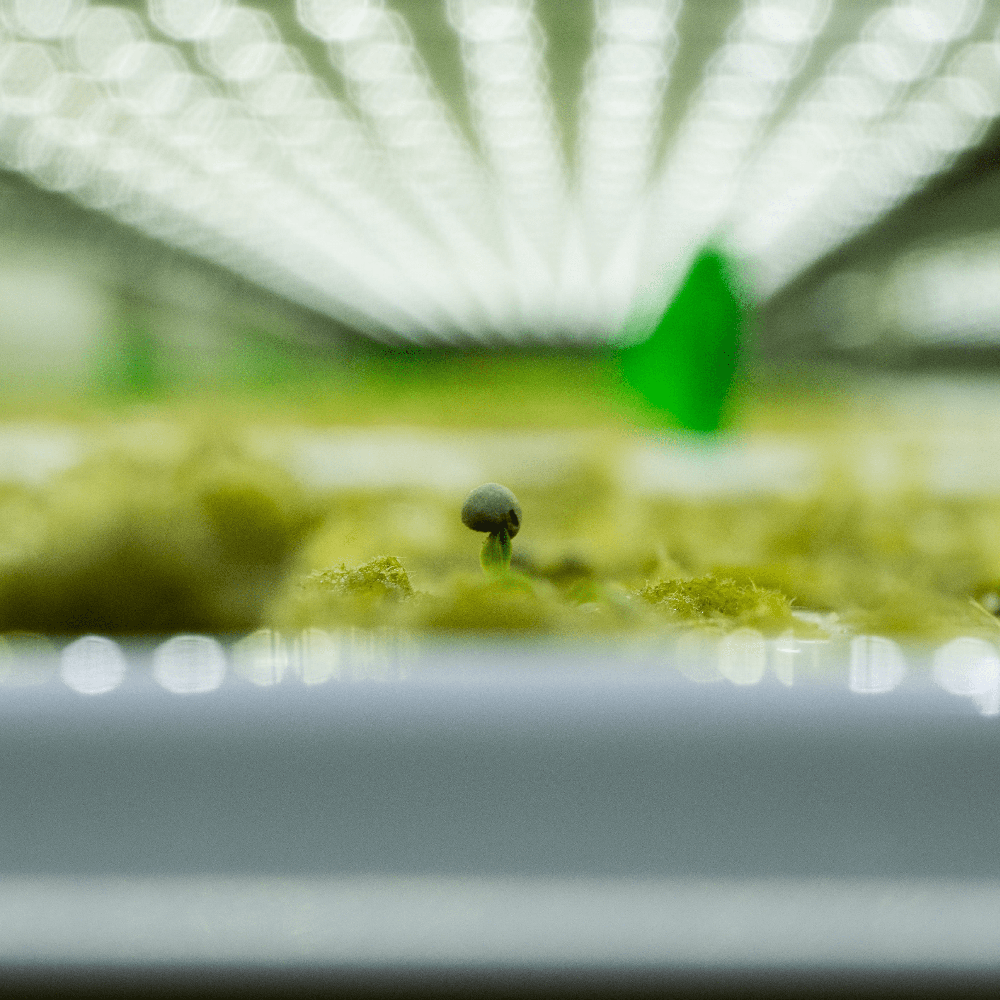
Is this a new development?
"Automated vertical farming is a young industry in full development. Automated vertical farms are being used for propagation. Yet many existing growers seem to be holding off on this development and continue to use traditional growing methods.
Which is a shame because there is excellent potential in vertical farming. Growing in an automated vertical farm can solve many of the market’s challenges.”
Which challenges does a vertical vegetable garden resolve?
"First, the quality of the plant. In an automated vertical farm, we control all conditions during plant propagation.
This includes airflow, nutrition, and climate. We can control all that 100%, which is impossible in a greenhouse or an open field.
This allows us to deliver the perfect plant that the grower can grow further.”
What makes a plantlet perfect?
"That depends on the growers' wishes. Some growers like to have a specific flower or cluster formation; others choose a particular type of root. You can think of all kinds of things and guide the plant's propagation accordingly.
We create the growers' desired results by developing the proper cultivation recipes. The beauty of it is that once you establish the recipe, it will never fail.
After all, no influences can compromise or change the recipe, unlike in an outdoor environment where you cannot influence the external conditions."
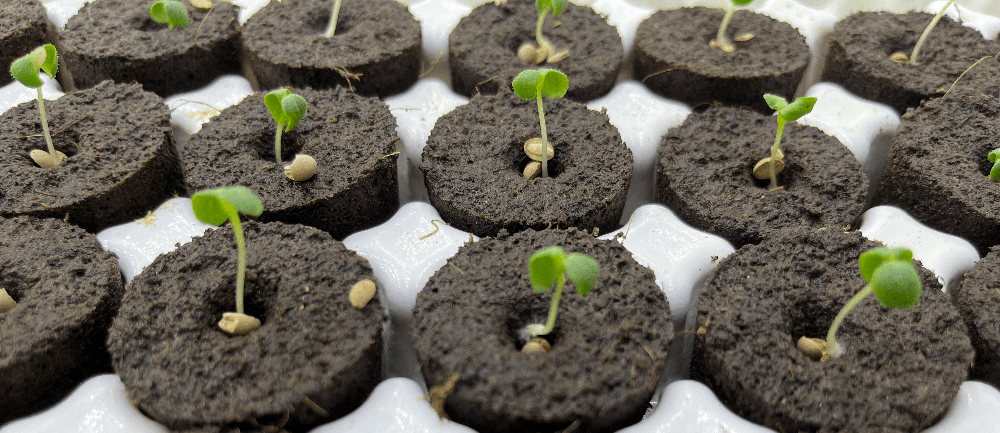
What do growers run into with the current method of propagation?
"Currently, most of the propagation is done in greenhouses, in special nurseries. In those nurseries, the plantlets are propagated; next, they are transported to a horticultural company and planted in their greenhouse.
That transport to the final destination is a huge transition for a plant. Many plants struggle as a result, and you notice that they don't grow well for the first few days.
In a vertical vegetable garden, we can condition a plant in such a way that it is ready to make that transition. In other words, we prepare the plants for the greenhouse and cultivation. The grower is provided a strong plant after the propagation phase.”
What else do growers benefit from when they use a vertical vegetable garden?
"They get a 100 percent clean produce.
We don't use pesticides and grow the plants in an immaculate environment. This ensures pesticide-free plants without concerns about introducing pests and diseases.”
Does growing crops often involve diseases and pests?
"Yes. At times, you hear growers say that they have received a batch from a plant nursery, which turns out to contain an infestation of harmful insects, such as thrips or aphids.
In this case, as a grower, you make a false start because you have to take corrective actions. Remedying pests and diseases is always an attack on your plants, especially when chemicals are used.
Compare it to taking medications. With that, side effects and secondary effects may occur. The same is true for a plant when you spray chemicals on it. The plant may, for example, not grow so well for a few days.
Clean plant material from an automated vertical farm offers growers optimum security.”
With so many benefits, why do growers hesitate?
"Automated vertical farming is associated with the perception that it is expensive. That's the reason why we invite growers to visit us. Together, we examine their business case and make the calculations.
They are always amazed at how efficiently we can grow crops. Our system is really quite interesting and has a lot of benefits. This is partly due to the fact that we have a first in, first out system, where the same quantities of plants are derived from the AVF+ every week.”
What difference does first in, first out make?
"By delivering the exact quantities every week, you provide security. In addition, we can fully control those quantities.
If a grower, for example, wants to have larger quantities of plants available on Mother's Day, we can tailor to that need accordingly. This system offers assurance and flexibility."
Is this method of cultivation truly profitable?
"Yes. In horticulture, the cost price is decisive. The cost per product unit can be reduced through efficient automated vertical farming.
The fact that we can reduce the cost price has to do with several factors. In an automated vertical farm, you can produce and grow the best quality plants at a very high density.
In addition, many growers use part of their greenhouse for propagation. If they place an automated vertical farm in a warehouse next to their greenhouse, the freed-up space in the greenhouse can be used to grow the plants.
This creates more growing space, which in turn reduces the cost price.”
Does this profitability apply to every grower?
"Profitability depends on the grower's situation, which is why we want to do the math together. We assess the problems we can resolve for the grower and how much money that solution will generate.
Suppose a grower has a certain amount of plant dropout, which we can fix; that can generate a considerable amount of money.”
Which growers are interested in a vertical garden?
"Like I said, you can basically grow any crop in a vertical farm. Think of tomatoes, leafy greens, and particular crops such as coffee, forest trees, and cocoa.
This means that you can go way beyond leafy greens or decorative plants. That makes it really interesting.
What all crops have in common is that they all need proper propagation of the plantlets to form the basis for optimal growing results.”
Are you interested in automated vertical farming and growing crops? In case you have questions about vertical farming, Please feel free to contact us; we would be happy to help you.

